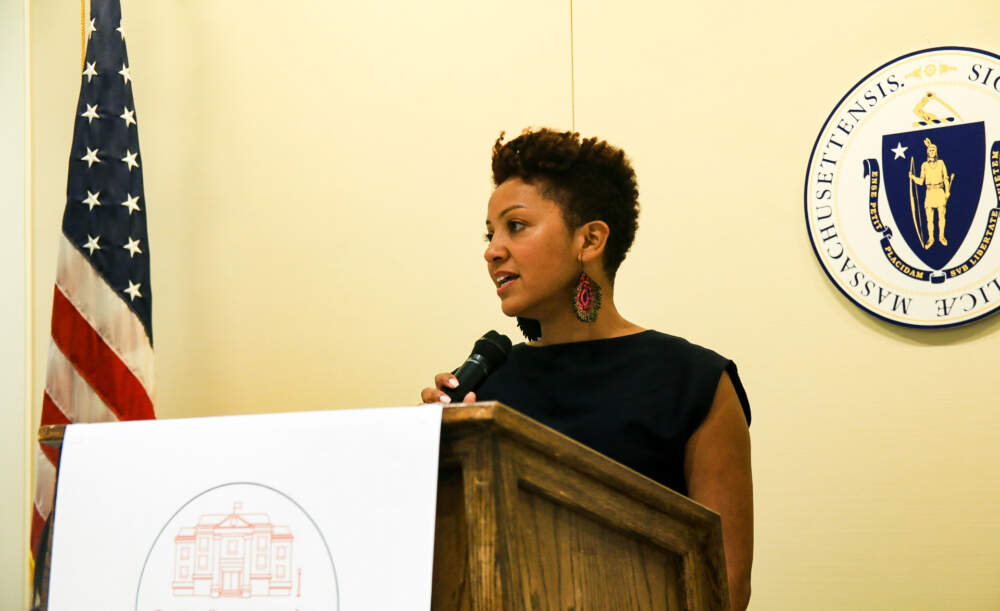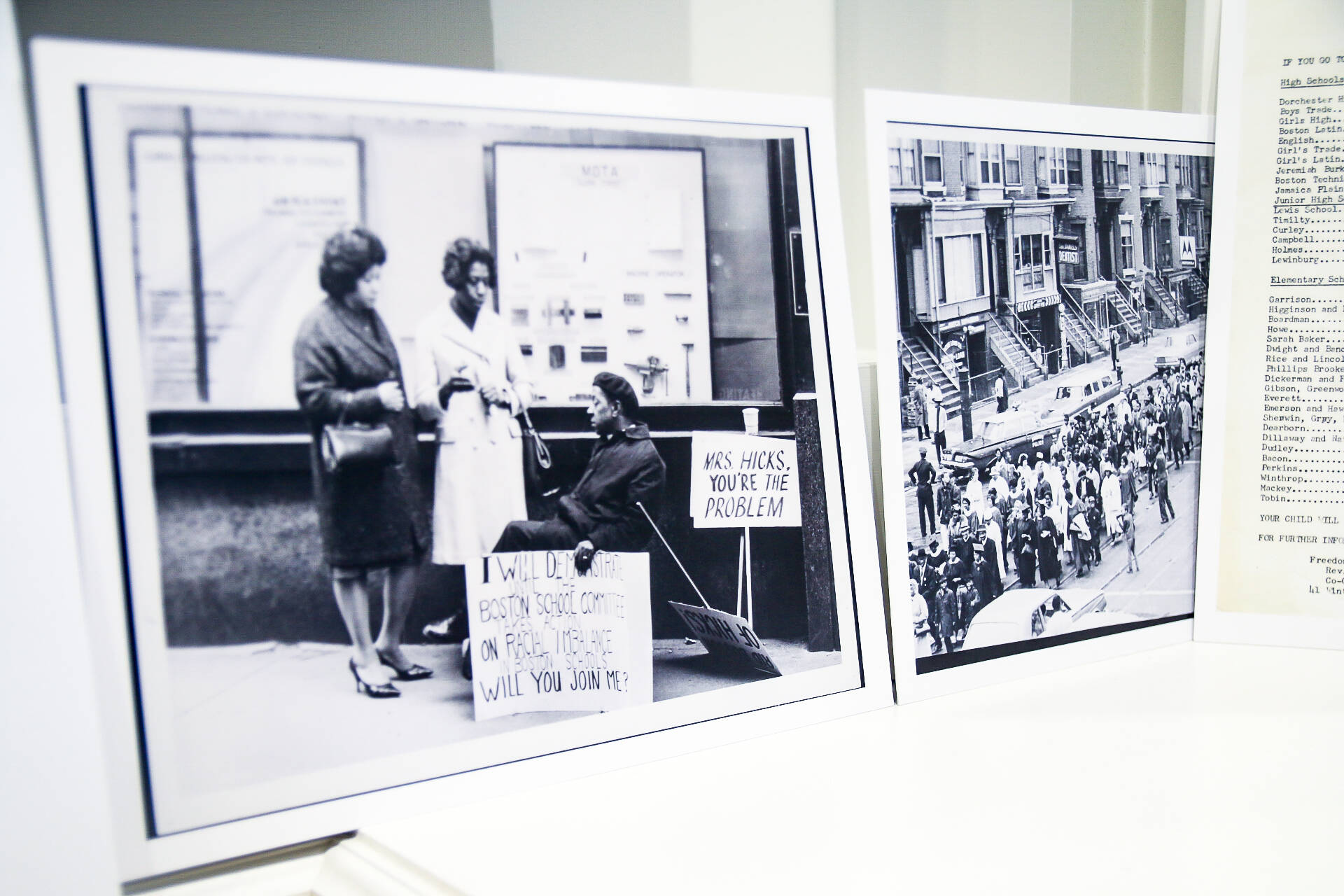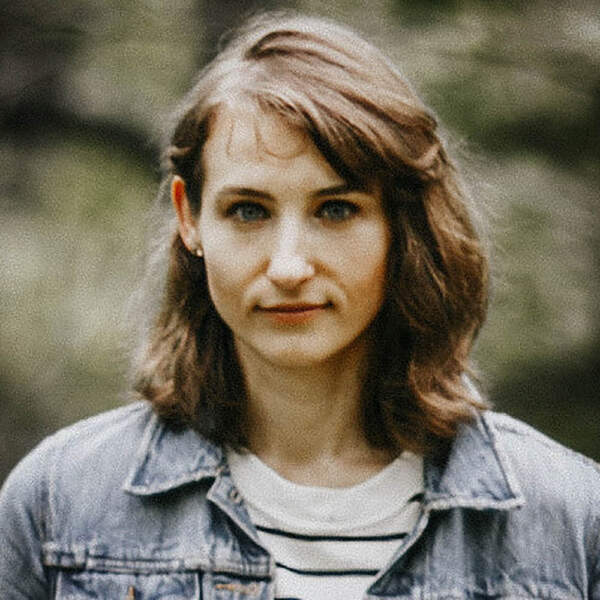Advertisement
Upcoming forums will mark 50 years since the Boston school integration ruling. Here’s what to know.

The first forum in an initiative marking the upcoming 50th anniversary of the federal court order to desegregate Boston Public Schools kicks off Tuesday evening at Roxbury Community College.
A panel of activists and historians will discuss the community organizing leading up to the 1974 ruling, which ordered the busing of thousands of white and Black students to schools outside their neighborhoods to achieve more racial balancing in schools.
The order took effect in the 1974-75 school year and ignited an onslaught of protests, backlash and violence by white parents and residents.
Tuesday's free, in-person event at 6 p.m. event is the first in a series of panels and events organized under the Boston Desegregation and Busing Initiative, which launched earlier this month with a press event at the State House. Panelists for Tuesday’s event include former Metropolitan Council of Educational Opportunity director Jean McGuire, the first Black woman elected to the Boston School Committee, and Zebulon Miletsky, author of “Before Busing: A History of Boston’s Long Black Freedom Struggle.”
The Desegregation and Busing committee is made up of dozens of community activists and leaders, many of whom lived through the city’s integration efforts. Partners include the Massachusetts Historical Society, Freedom House, WGBH and the City of Boston.
Members say the goal of the initiative is to educate the public about this tumultuous period in Boston’s history and examine its lasting legacy.
“This initiative is really about giving us a chance to think not just about the history, but what happened, the lessons learned and what to do next,” said co-chair Karilyn Crockett, assistant professor of Urban History, Public Policy & Planning at MIT, during the program’s launch in early September.
Next June, a second forum will take place at Boston’s federal courthouse. That panel will discuss the legal cases that found Boston schools were unconstitutionally segregated, including U.S. District Judge W. Arthur Garrity's 1974 decision.
The remaining events are scheduled for fall 2024. Two will take place at Central Library in Boston's Copley Square and focus on the desegregation and busing events between 1974 and 1978.
A fifth forum will examine the relationship between Boston schools and their suburban counterparts, including a discussion of METCO, the state-funded school integration program that allows Boston students to voluntarily attend suburban schools. The program started in 1966 with 220 students bused to seven schools, with the goal of reducing racial isolation and expanding educational opportunities for city students.
Organizers with the 50th anniversary initiative said they may add more events to the lineup.

Organizers are also planning a traveling exhibit of more than 50 photos and documents from the desegregation era, according to a press release. A PBS documentary, “The Busing Battleground,” debuted earlier in the month.
The Boston Desegregation and Busing Initiative also includes an educational component for today's students. Organizers are partnering with Boston Public Schools and Facing History and Ourselves, a Boston-based non-profit, to create a civics curriculum for eighth graders beginning in fall 2024, said co-chair Lew Finfer.
Peggy Klemp, who was a teacher in Mattapan during integration efforts, said she hopes this initiative will reach the people who work most closely with Boston students.
“I think it's important for the educators in Boston to understand the history of education — public education — in the city," she said. "To know the neighborhoods where the students are coming from and the experiences of those neighborhoods."
